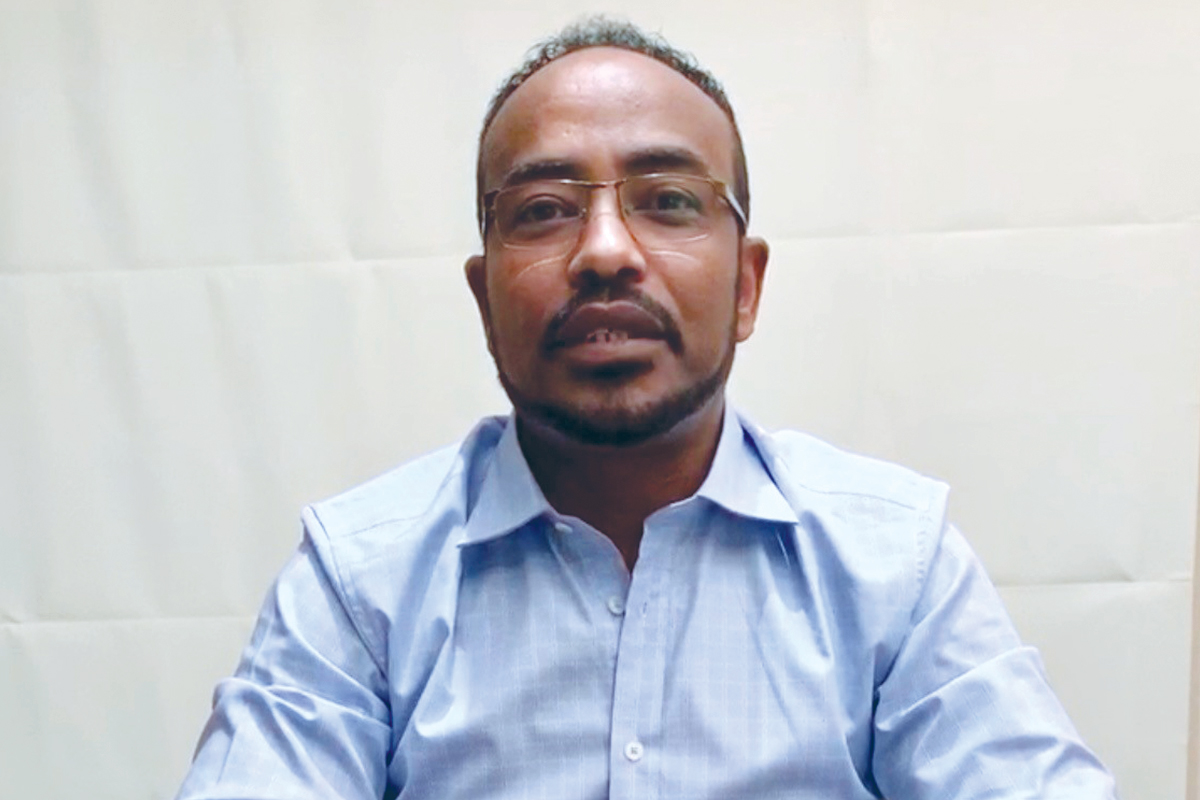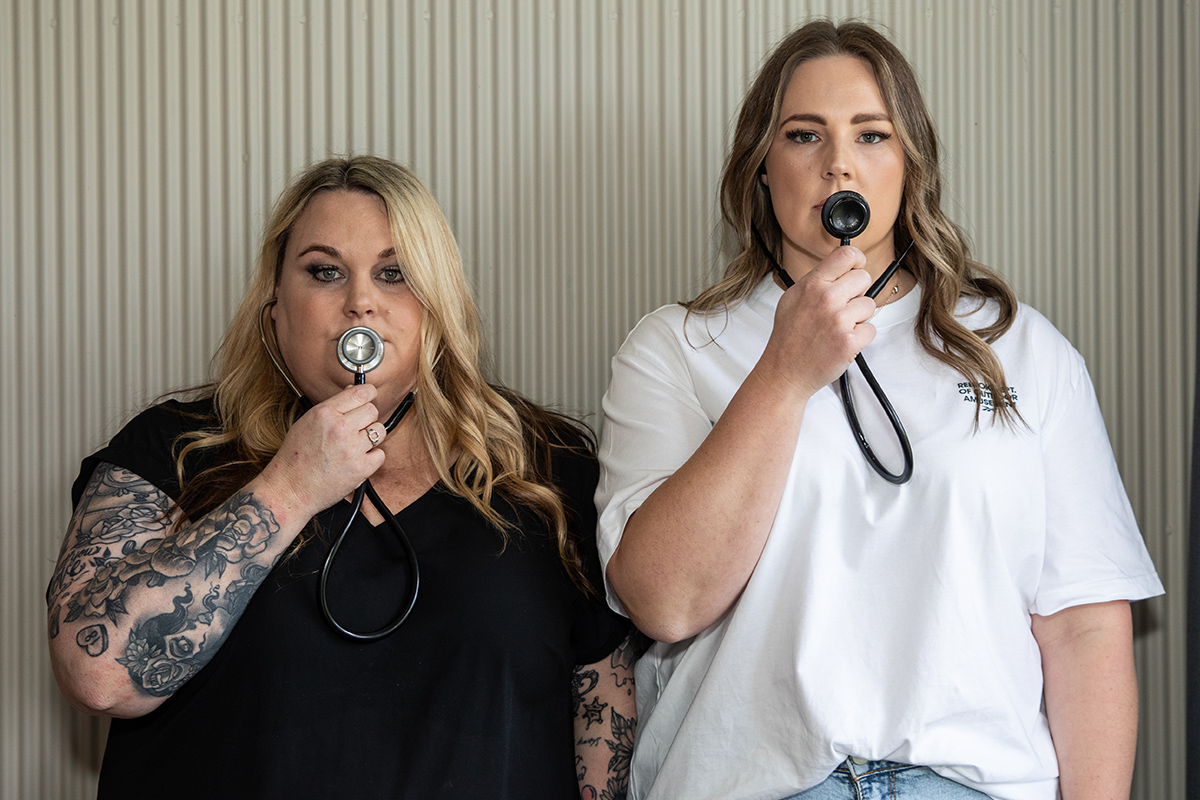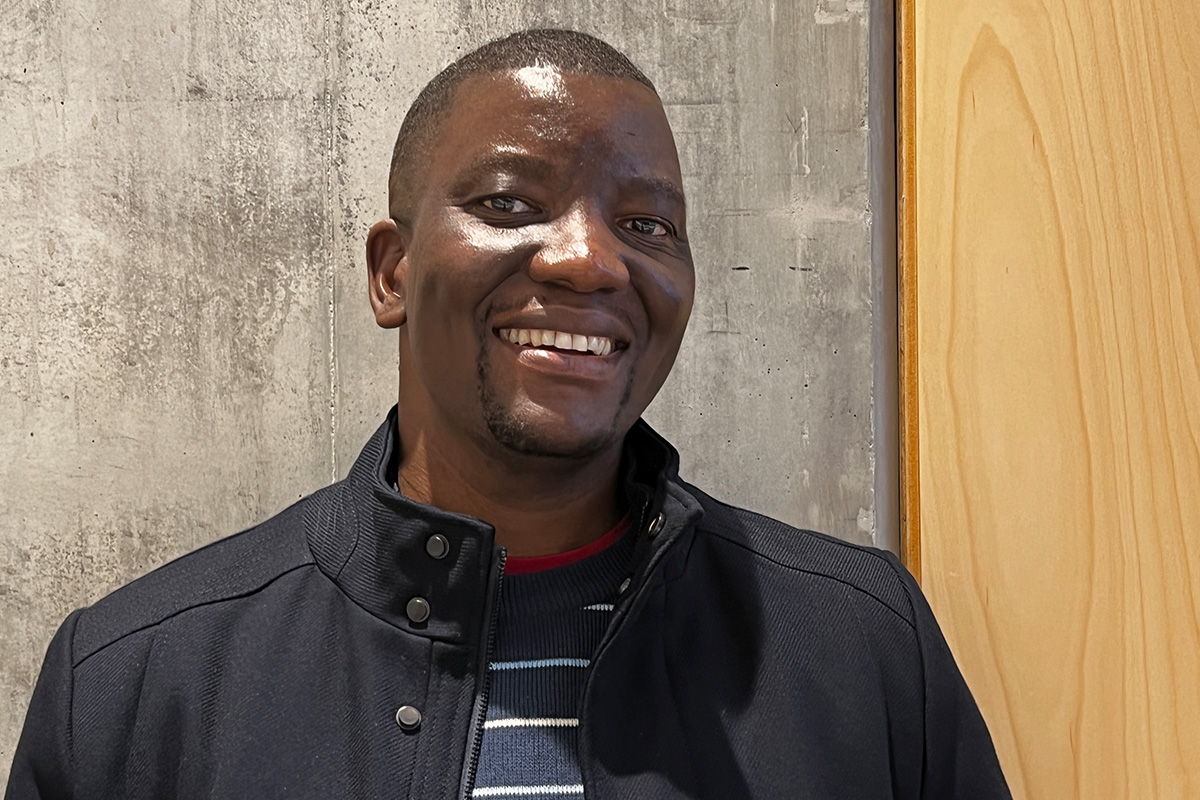
Christine Cummins. Photo; Andrew Perryman, courtesy Bendigo Weekly.
Christine Cummins took home a head full of stories after working as a torture and trauma counsellor with asylum seekers on Christmas Island.
From 2010 to 2014 Christine counselled asylum seekers escaping conflict in Sri Lanka, Afghanistan, Sudan, Burma, Iran and Iraq.
She heard stories of nightmarish suffering unimaginable to most Australians – of Sri Lankan parents being forced to leave the bodies of their two children to be buried in a mass grave, of a 14-year-old boy whose friendship with a girl led his father to be beheaded by the Taliban…
For many asylum seekers on Christmas, Manus and Nauru islands, being detained triggered memories of imprisonment and torture in the homelands from which they were escaping.
Despite our familiarity with the conflicts asylum seekers are fleeing and Australian military involvement in Afghanistan and Iraq, we have been trained to focus not on the suffering but on ‘stopping the boats’. Asylum seekers have been demonised as ‘illegals’.
It was John Howard’s government back in 2001 that first transmitted this message, when his government prevented the Tampa landing on Christmas Island and spread misinformation about asylum seekers throwing their children overboard.
In 2013 then-Immigration Minister Scott Morrison directed Christmas Island detention centre staff to refer to asylum seekers as ‘illegals’ and ‘detainees’ rather than ‘clients’, despite the fact that under international law, everyone has a legal right to seek asylum.
Now working in Bendigo as a mental health nurse, Christine is hoping to restore compassion for asylum seekers by sharing some stories of those she met on Christmas Island.
Her clinical supervisor advised her to write, to get the stories of trauma and torture out of her head and onto the page. Those notes have become a book, Dignity in a Teacup, the title referencing the cups of tea she would make for clients.
Christine said she was traumatized not only by the stories but also by the government policies that had exacerbated her clients’ mental health issues and made it difficult for her to help them.
‘Our ability to have our clinical recommendations heard and carried through became less likely to succeed the longer we stayed there,’ she said. ‘In the last 12 months it became a very secretive environment to try and work within and people within the immigration system were fearful all the time that they would be questioned over the communication that they had with us.’
If she and other healthcare professionals hadn’t successfully campaigned to have the secrecy provision of the Border Force Act repealed, Christine may not have been able to write the book. Until 2017 a secrecy provision of the Act threatened two years jail for current or former employees of detention centres if they spoke of their experiences.
Christine’s book includes the story of ‘Jamila’, a 75-year-old woman who had been imprisoned and tortured numerous times in Iran. Jamila suffered intrusive memories and nightmares which made her frightened to go to sleep. She had hypertension which caused dizziness and falls, and failing eyesight.
Christine was struck by Jamila’s resilience – ‘I thought she was the most beautiful person. Even though she was miserable and suffering, she would smile and was grateful for the littlest thing. She just showed such courage.’
Thankfully, refugee advocates were successful in campaigning for Jamila to be granted a bridging visa. She has since been reunited with her adult children in Australia.
Dignity in a Teacup is published by Australian Scholarly Publishing and is available from the publisher’s website and bookshops.
In February 2019 the Federal Parliament passed independent MP Kerryn Phelps’s Medical evacuation bill which enables asylum seekers needing medical attention the capacity to be treated in Australia if recommended by two doctors. The Morrison government’s response was to threaten to reopen the Christmas Island detention centre.




